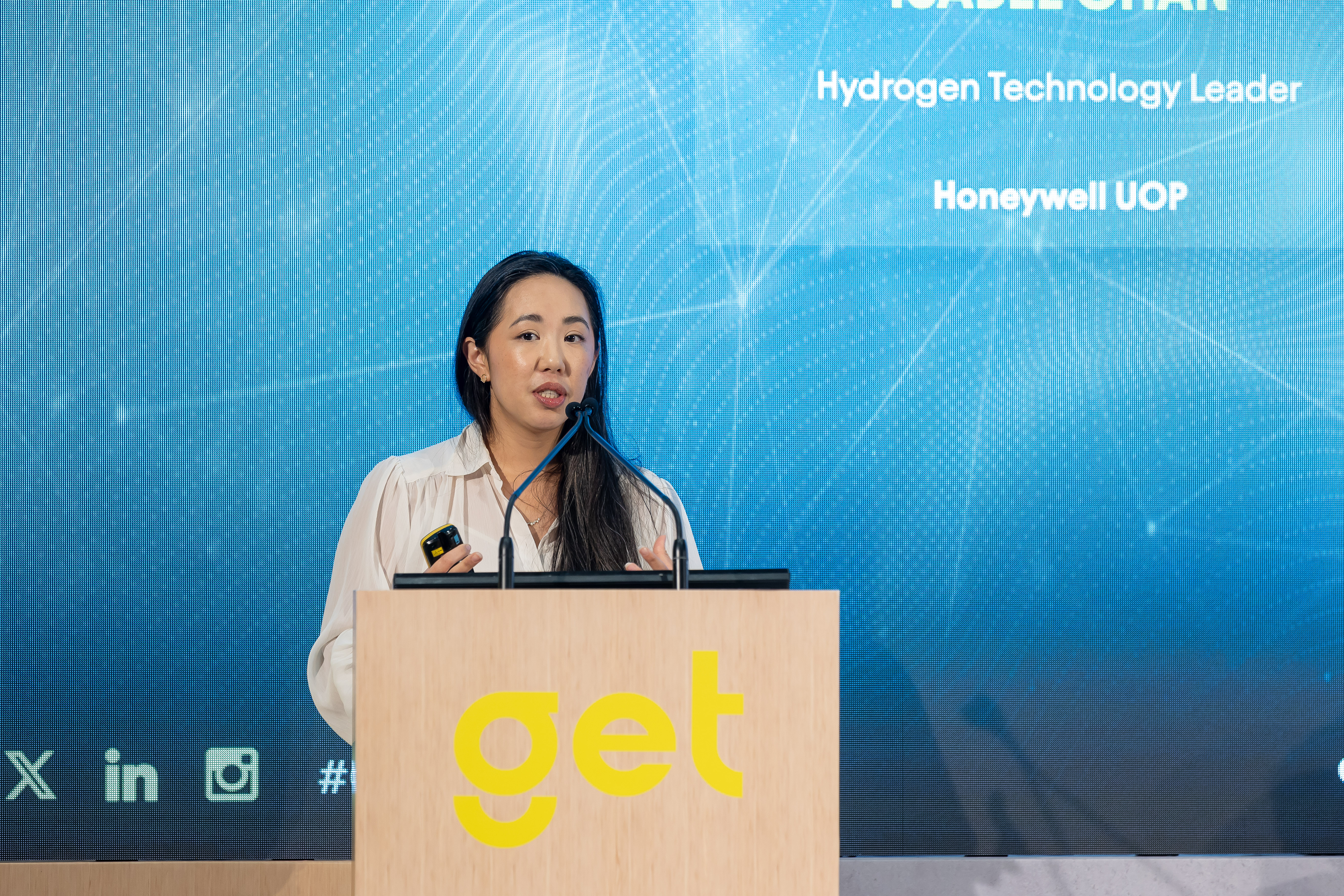Why submit a paper?
The GET call for papers offers an important opportunity for technical experts and executives to exchange best practices, share ideas, create opportunities and resolve challenges on the pathway to net-zero. Papers will be presented as part of the conference programme in moderated, seminar style sessions. Abstracts should be no more than 500 words in length.
Submission Deadline: 23:59 (GMT), Sunday 1st December 2024
Content
The abstract title should clearly describe the presentation’s primary content in no more than 50 words.
Sector and Category
Select the category and sub-category that best describes your abstract. A primary choice is required. If you believe your abstract is relevant to more than one category, choose the category of best fit.
Supporting information
You should include as much information as possible in your abstract. If you would like to submit additional supporting materials (diagrams, charts, visualisations) you are encouraged to do so. These files should not be submitted in lieu of a detailed abstract. Submissions that do not include a detailed abstract will not be considered for selection.
Presenter
Abstracts must be accompanied by a presenter profile. The proposed speaker should be a good orator who can successfully convey and present information to an international audience in a live and interactive setting.
Call for papers categories:
Agri-business
- Biodiversity and regenerative farming
- Reforestation
- Sustainable food production and farm-to-fork initiatives
- Vertical farming
Climate technologies
- Carbon capture and storage
- Carbon utilisation
- Direct air capture
- Methane reduction technology
- Recycling and recovery
Commercial value propositions
- Green commodities
- Green premiums
- International pricing mechanisms
- Public procurement
- Valuing low carbon products
Consumer goods, retail and lifestyle products:
- Advances in emissions measurement and sustainability reporting
- Lower carbon consumer trends
- Net zero and brand identity
- Recyclable and reusable packaging
- Sustainable fashion and beauty products
Digitalisation
- Artificial Intelligence in the energy transition
- Digitalised construction
- Digitalised design
- Digital economy
- Digital twins
- Operations and remote monitoring
Emissions
- Carbon footprint
- Emissions monitoring
- Emissions reduction policies
- Monetising emissions measurement
- Monitoring and verification solutions
Energy transition infrastructure and supply chain
- Access to critical minerals, rare earth elements and bulk materials
- Access to labour markets
- Calculating the impact of the energy transition
- Infrastructure
- Skills requirements
- Unintended consequences of the energy transition
Environmental, Social, Governance
- Sustainable and ethical business impact
- Improved corporate governance
- Improved project governance
- Local content
- Minority owned businesses in the supply chain
- Safeguarding local economies and workforces
Finance
- Attracting future finance and funding
- Funding hydrocarbon projects
- Funding hydrogen projects
- Funding new technologies
- New approaches to financing and investment models
- Risk management
Low carbon gases
- Ammonia
- Hydrogen economy
- Hydrogen infrastructure
- Hydrogen technology
- Low-carbon LNG
- Methanol
- Synthetic methane
Market development
- Emerging markets
- Energy switching in hard-to-abate sectors
- Global coal substitution
- Macroeconomics
- Market demand signals
Production and use of alternative/renewable energy:
- Agri-feedstock
- Alternative fuels
- Bio-fuelsm biomass and bio-refinery
- E-fuels
- Green LNG
- Hydroelectric
- Nuclear
- Offshore wind
- Onshore wind
- Solar
- Waste conversion
Regulation
- Energy policy
- Guaranteeing the sustainability of the transition
- Navigating new policy environments
- New net-zero standards and taxonomies
- Permitting
- Policy considerations
Roadmaps to net-zero and sustainable business models
- Achieving accountability
- Business strategies
- Circular economy
- Country strategies
- Energy transition in emerging markets
- National strategies
Trading
- Carbon markets
- Emissions trading schemes
Water
- Counteracting water depletion
- Drought and flood prevention
- Lower carbon desalination
- Water access initiatives
Preparing your submission
In order to maximise your chances of success, we encourage to refer to the RIO guidelines: only the most Relevant, Interesting and Original submissions will be successful.
RELEVANCE
Is your abstract relevant to energy transition experts in the fields of public policy, the energy, finance and hard to abate industries, academia and/or international development?
INTEREST
Can your abstract capture the audience’s imagination and inspire action?
Will it enhance understandings of complex issues, or create consensus on divisive topics?
ORIGINALITY
Does the abstract introduce new or unique concepts?
Does it have the potential to transform thinking, behaviours and professional practices?
All submissions will be peer reviewed by our cross-industry panel of experts. We will be unable to provide feedback on unsuccessful submissions.
Lead presenters will receive full, complimentary access to GET Congress & Exhibition 2024. Co-presenters will be offered passes at a preferential rate.
All presenters will be profiled on the event website and other GET marketing and communications channels.
Once you have decided to submit an abstract, please create an account via our call for papers online portal to begin your submission.




